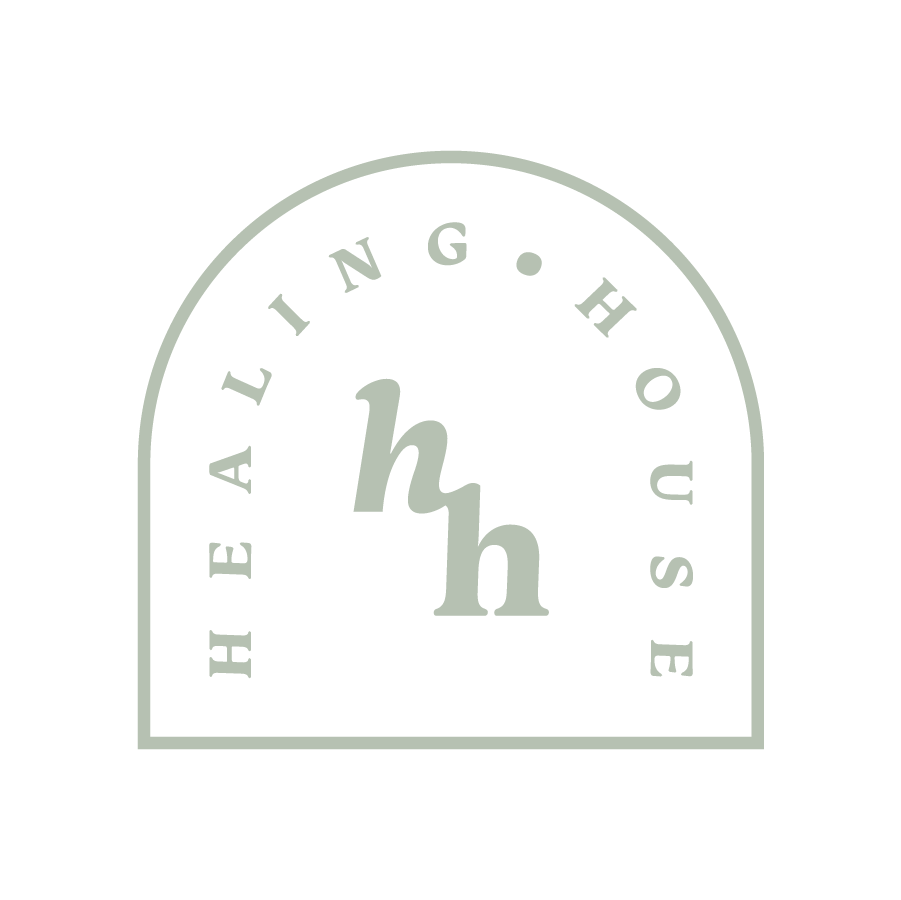When Food Feels Like the Enemy
Understanding Disordered Eating with Compassion
For many people, food is a source of joy, tradition, or nourishment. But for others, food can feel complicated—stressful, even threatening. It might bring up shame, anxiety, or a deep sense of conflict. If you’ve ever felt like food was something you had to control, avoid, or earn, you’re not alone—and you’re not broken.
At Healing House, we understand that disordered eating is not about vanity, willpower, or simply “eating healthy.” It’s about pain, survival, and deeply rooted beliefs about worth, control, and identity.
Let’s talk about what disordered eating really is—and how compassion can be the first step toward healing.
What Is Disordered Eating?
Disordered eating exists on a spectrum. It can include behaviors that don’t meet the clinical threshold for an eating disorder but still cause distress and interfere with daily life. Some common signs include:
Obsessive thoughts about food, body image, or weight
Rigid rules around eating (e.g., only eating at certain times, labeling foods as “good” or “bad”)
Guilt or shame after eating
Using food (or restriction) to cope with stress, anxiety, or emotional pain
Cycling between restriction and overeating
You don’t have to be underweight or meet a diagnosis like anorexia or bulimia for your experience to be valid. If food feels like a daily battle, your pain is real—and you deserve support.
Where Does It Come From?
Disordered eating is often rooted in more than just food. It can be shaped by:
Trauma or early life experiences
Family messages about weight, worth, or control
Diet culture and unrealistic body standards
Anxiety, depression, or perfectionism
A need for control when life feels unpredictable
It’s rarely about wanting to be thin—it’s about trying to feel safe, loved, or in control. And once we understand that, the conversation around healing changes entirely.
Why Compassion Matters
Disordered eating thrives in secrecy and shame. That’s why compassion is such a powerful tool in recovery. Instead of asking, “What’s wrong with me?” we ask, “What pain is this behavior protecting me from?”
Compassion helps us:
Recognize our inner critic—and learn to soften it
Get curious, not judgmental, about our thoughts and behaviors
Build trust with our bodies instead of waging war against them
Explore food freedom—not perfection
Healing doesn’t mean “fixing” yourself. It means learning how to care for yourself—emotionally, mentally, and physically.
What Healing Can Look Like
At Healing House, we support clients navigating disordered eating with empathy, patience, and a trauma-informed approach. Therapy may involve:
Exploring the emotional roots of food-related anxiety
Identifying harmful beliefs about body image and self-worth
Developing gentler, more flexible relationships with food
Learning how to cope with emotions without turning to restriction or control
Whether you’re just beginning to question your relationship with food, or you’ve been struggling for years, therapy can offer space to be heard, understood, and supported.
You deserve to feel at peace with food. You deserve to feel at home in your body.

